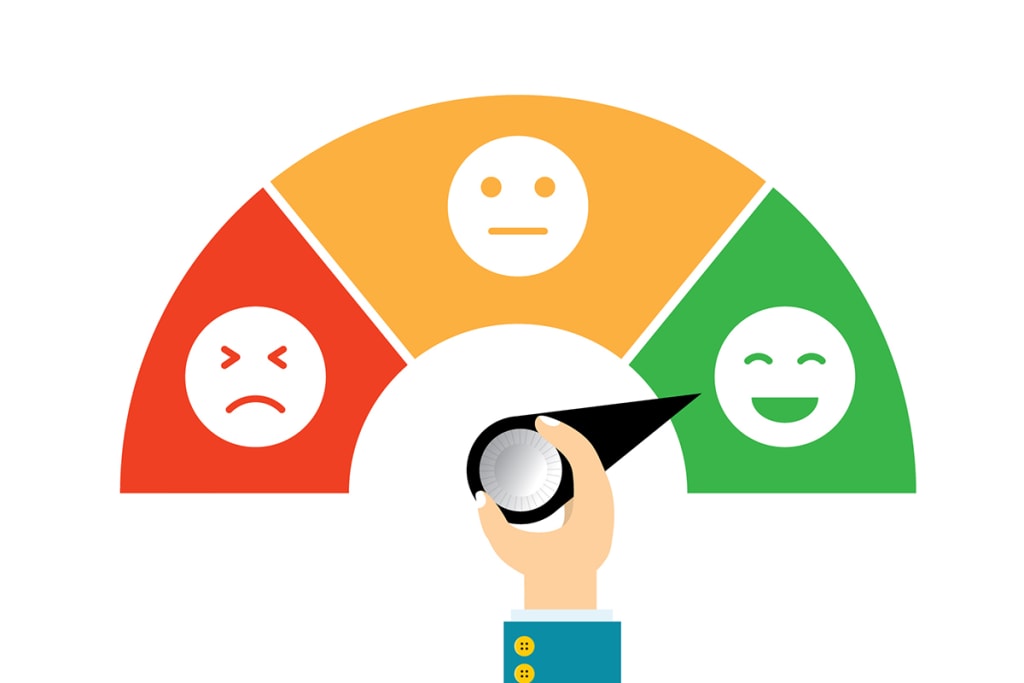
There is a well-known law in economics called the ‘Law of Diminishing Marginal Utility’, which states that as consumption of a good or service increases per unit, the satisfaction derived from consuming an additional unit or more will lead to a subsequent decline in its overall utility. In other words, the more you consume, the less satisfied you will be with each additional product or service you purchase. The first thing you buy, use, or consume will be the most satisfying but the 2nd, 3rd, or 4th unit of the same item you utilize will not be as useful and could even not satisfy you at all.
This fundamental law in basic economics is one that is worth memorizing because it makes total sense. The first chocolate bar you consume will be delicious and fulfilling. You may not be satisfied with just one chocolate bar so you may end up eating another one since the first one was so tasty. However, anyone will tell you that the 2nd chocolate bar will not be as tasty or satisfying as the 1st one and you may even end up with a stomachache from eating too much chocolate if you are not careful.
The ‘Law of Diminishing Marginal Utility’ does not just apply to economic principles but goes far beyond that in terms of being applied to human psychology. The act of consumption, I would argue, is not just an economic one but also applies to the psychology of choice and how we live our lives. Everybody is a consumer in one way or another whether it’s the air we breathe, the water we drink, or the food we eat each day. Without any consumption, we would not survive but it is our choices that define our consumption habits and how we behave not just as economic actors but as human beings.
In a psychological context, instead of calling it the ‘Law of Diminishing Marginal Utility’, I would refer to it as the ‘Rule of Diminishing Marginal Return’, which is similar but discussing more how it’s a rule of life that the more we buy of something, the less return on that investment we will get out of it. The first of something whether that’s the purchase of a new car, a first trip to a new country, or the first time you try a new cuisine. These experiences will captivate you and do its job of putting your happiness level to a 9 or 10, but it’s a rule of life that it won’t stay there. While the memory of that experience will provide you with satisfaction and joy in its remembrance, your psychological state will revert to the norm of being level in terms of happiness or satisfaction with life. You may try to buy or consume more of something to recapture that feeling of happiness but that would actually be counterproductive in the long run and actually create false expectations compared to the first time you purchased or consumed that activity, experience, food, or drink.
How do you avoid the marginal returns of consuming, buying, or eating too much? Well, that is not easy to do but that is part of being a mature and responsible adult. You must have enough willpower and be able to reason with yourself that one more plate of food, one more drink, or one more car will not do the trick in giving you happiness. You must realize that your base level of happiness as a person won’t change as a result of consuming more and it may end up backfiring by causing your satisfaction to be lower because you consumed too much in the first place.
Being able to limit your consumption and controlling your vices will make you better off. If you can master your desires or your urges, then you can focus on bettering yourself or making you happier through more sustainable means. If you are working on personal projects, devoting yourself to a volunteer cause, or working on improving yourself mentally and/or physically, that kind of satisfaction will have a higher return on investment than just mindless consumption.
Consumption of goods and services may spike your happiness and satisfaction levels in the short run, but that kind of joy is short-lived and can often feel isolating if you are not sharing in that joy with others. That is why a meal with friends or family is often much better than eating by yourself. It’s why travelling with a close friend will generate more memories than a trip by yourself. It is not wrong to sometimes treat yourself to a nice meal, a nice trip, or a new gadget but shared experiences will make you happier and create more memories than those times that you were on your own in consuming.
One should carefully watch what they consume and monitor how much per day, per week, per month, and even per month they are consuming whether that’s food, drink, goods, etc. Everything in moderation is a good way to be as an adult and if you want to abstain entirely from consuming something, then that is an admirable thing to do as well. The worst thing you would want to do is to become overindulgent or overly reliant on a consumable good to make you happy or give you long-term satisfaction in life. You know better than anyone else the limits of your consumption and that true happiness is derived through shared experiences in life and of challenging yourself to be a better and more developed person.
In the long-term, I believe you get increased rather than diminished return through producing instead of consuming, by challenging yourself mentally and physically, and sharing yourself with others whether that’s through a good meal, a volunteer experience, or a worthwhile group project. All the chocolate and ice cream in the world won’t add to your happiness but would rather detract from it. A bowl of ice cream or a chocolate bar will satisfy you for a few hours, but you eventually will be back to that same level of happiness homeostasis that you had previously.
Instead of looking to keep yourself content or happy all of the time, know that happiness is not everything in life and that you benefit more from the hard work and the struggle that you put yourself on a daily basis than of just sitting on the couch and eating ice cream until the end of time.
When you get to that 2nd or 3rd bowl of ice cream, you should realize that you’re starting to get a stomachache and that you should stop yourself before you get sick. The diminishing marginal return of trying to seek out happiness through ice cream should be counteracted by getting off the couch and into the gym to start working out those extra calories you just gained.
By embracing the struggle of a gym workout and burning off all that ice cream, you’ll be sacrificing that short-term happiness for that long-term struggle but eventual satisfaction of improving yourself physically as a person and making yourself happier and healthier in the long-run as a direct result of your choices and decision-making. You should not be afraid to indulge a little bit every now and then but remember that life is better experienced in moderation and you should always watch what choices you are making as you go through your life as both a consumer and a producer.
About the Creator
Ben W
Ben helps students from around the world to improve their English language skills. Ben enjoys traveling around the world, developing his writing abilities, and reading good books.






Comments
There are no comments for this story
Be the first to respond and start the conversation.